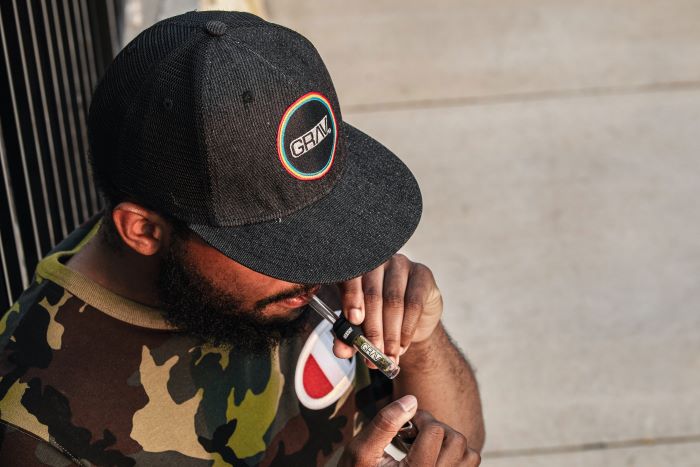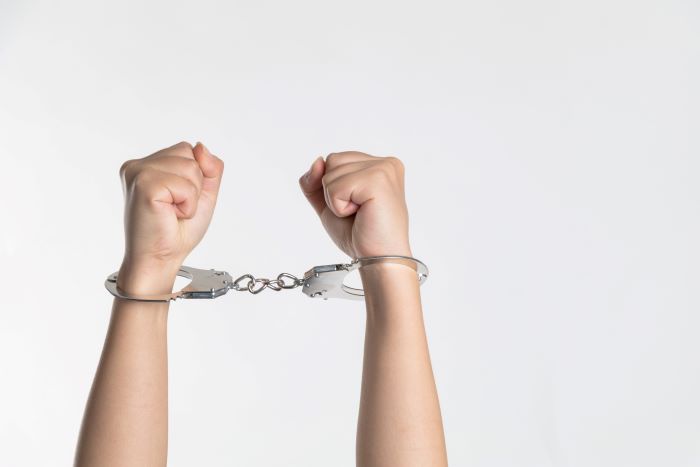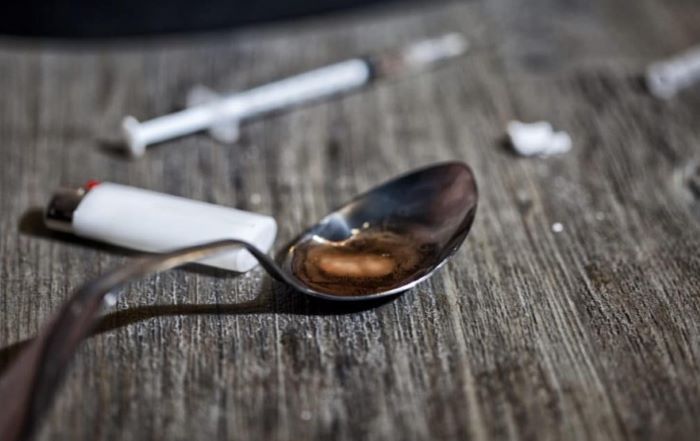North Carolina has strict laws about drug use and possession. Therefore, being caught with evidence of what could be translated as drug paraphernalia is not good; it could have serious legal consequences. Even the most basic household items can be analyzed as coincidental evidence if there is other potential evidence to support the case against you.
Therefore, you must know what to do when you are suspected of or charged with possessing drug paraphernalia in NC. Knowing the potential implications of the case and what you can do to preserve your rights could save you from a lot of legal trouble down the road.

Possession of Drug Paraphernalia: Definition
Before you can understand the legal implications of being caught in possession of drug paraphernalia in NC, let us first define what drug paraphernalia is. According to the North Carolina Drug Law and Controlled Substances Act, drug paraphernalia is any material or tools that facilitate the violation of existing drug laws, leading to the possession and manufacture of these illegal items.
The following items are examples of drug paraphernalia:
- A kit or plant from which the controlled substance can be derived
- Testing equipment
- Scales and weighing tools
- Isomerization devices
- Sifters and diluters
- Blenders, bowls, and other types of containers
- Syringes and needles
- Packaging materials for controlled substances
- Vials
- Rolling papers and other items that would enable the administering of drugs into the body.
The use and possession of these drug paraphernalia is unlawful. Therefore, anyone caught with these items violates the NC Law and will be subjected to prosecution. You could face a hefty fine and imprisonment, depending on the extent of your charges.
Is Possession of Drug Paraphernalia a Felony in NC?
Yes. The North Carolina law defines the possession of drug paraphernalia as a felony offense when there is an intent to use the paraphernalia to consume, produce, grow, package, store, digest, process, or conceal illegal substances.
There are currently two categories of charges you could face when it comes to the possession of drug paraphernalia in NC.
The first one is the possession of marijuana paraphernalia. While North Carolina has not decriminalized marijuana, the punishment for this offense is significantly lower than for other types of drugs or controlled substances. For example, anyone possessing marijuana paraphernalia could face a class 3 misdemeanor, especially if there is evidence of the intent to use it for criminal activity. The penalty for a class 3 misdemeanor in North Carolina is a fine of up to $200 and 20 days in jail. In addition, you can be eligible for probation if you have no existing criminal record. An experienced drug lawyer can also help to have your case dismissed, especially if there is no substantial evidence that the items are for drug use and with the intent to conduct criminal activity.
The other category for this criminal offense involves different types of drugs. If you are arrested for possessing the paraphernalia for these items, you could face class 1 misdemeanor charges. The penalty for this charge includes a discretionary fine and up to 120 days in jail.

How to Address Charges for the Possession of Drug Paraphernalia in NC
Law enforcers against drug charges in NC will examine various circumstances when analyzing evidence. They will use the evidence and the circumstances to determine whether charging you with the offense is worth it. For example, law enforcement cannot charge you for a case if there is no substantial evidence of criminal activity with the possession of drug paraphernalia.
However, various factors could affect whether or not you get charged. Here are those factors for your guidance and to ensure you can avoid legal complications in this case.
1. What You Say to Law Enforcers
If law enforcers attempt to charge you with the possession of drug paraphernalia, you must be very careful about how you verbally respond to them, especially during the initial questioning. It is important not to speak up as you could end up incriminating yourself. Anything you say can and will be used against you by the responding officers and the court.
Reach out to your attorney right away. Tell them about your Miranda rights, and don’t feel compelled to tell your side of the story. If you do, you could say something that could express your guilt. These law enforcement officers are highly trained to get suspects to admit to a crime, so you don’t want to fall into the trap of talking to them when you don’t have to.
2. Evidence of Use of Controlled Substance
The presence of drug paraphernalia alone won’t be enough to file a drug charge, especially if they have no other evidence supporting the case. But when law enforcement officers find you with drug paraphernalia and a controlled substance, that is a different case.
Together, these two elements indicate the use of the illegal substance or possible manufacture and trafficking. The two pieces of evidence paint a picture for the law enforcement officers.
3. Criminal History
If this isn’t your first time being charged with the possession of drug paraphernalia, then it is likely that you will be charged if caught again. A repeat offense is serious criminal activity, so you must face the consequences of your actions. As a repeat offender you will no longer benefit from your case being dismissed.
4. Knowledge
Your knowledge of the possession of drug paraphernalia can also make you criminally liable. For example, you know your home or vehicle contains drug paraphernalia. If you knowingly hold the paraphernalia in your possession, you could be equally responsible in law even if you are not directly involved in the drug activity.
How an NC Drug Lawyer Can Help
Every drug case is unique, especially when dealing with the possession of drug paraphernalia in NC. It would help if you worked with an experienced and expert drug attorney in NC to help build a strong defense for your case. Their knowledge of these types of cases will help you determine potential loopholes in your case to potentially reduce your charges or to dismiss the case altogether.
A drug attorney can also help argue for you if the case goes to court. These legal experts intend to preserve your rights and ensure you can avoid possible jail time, especially if you are innocent.


